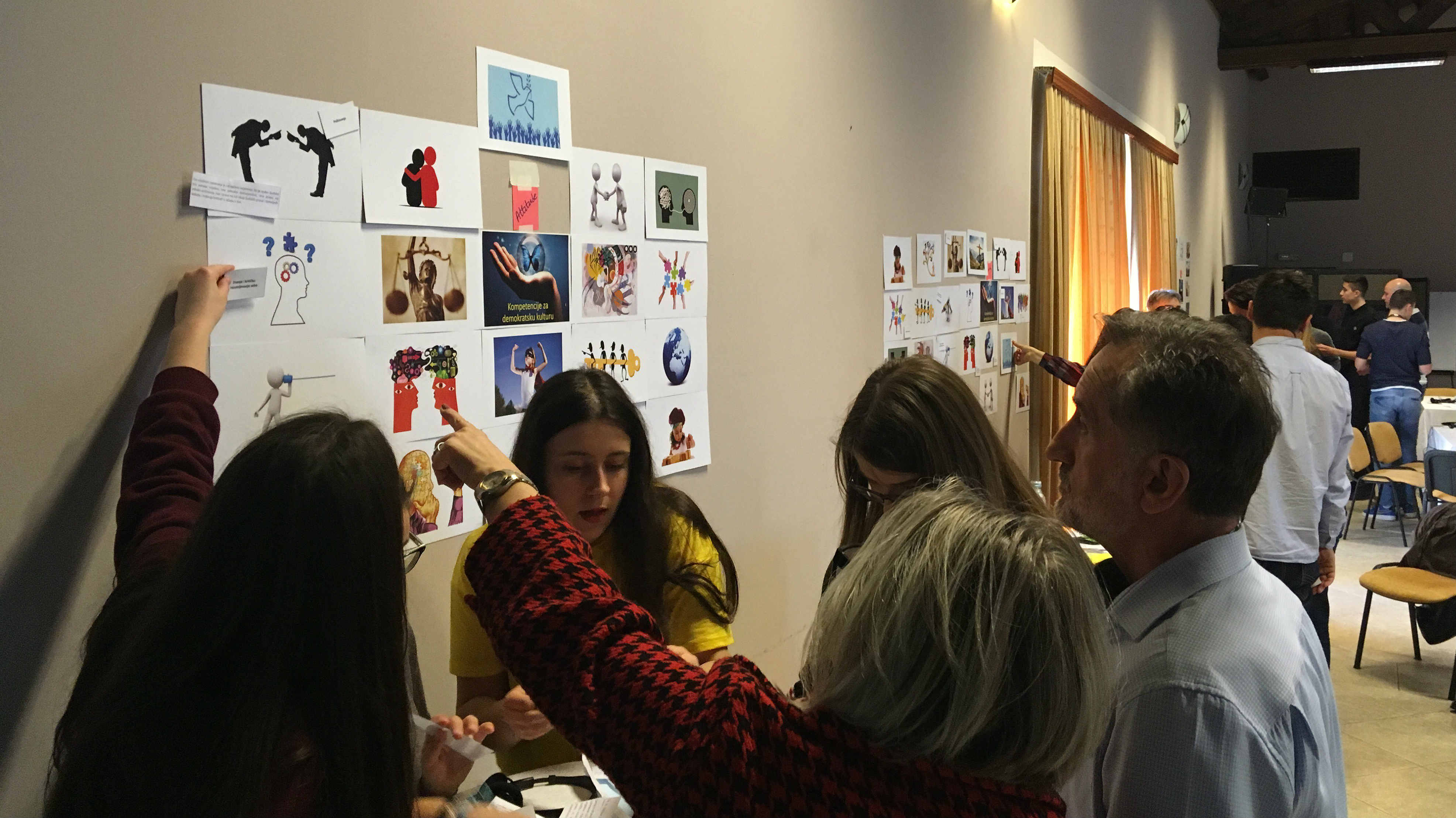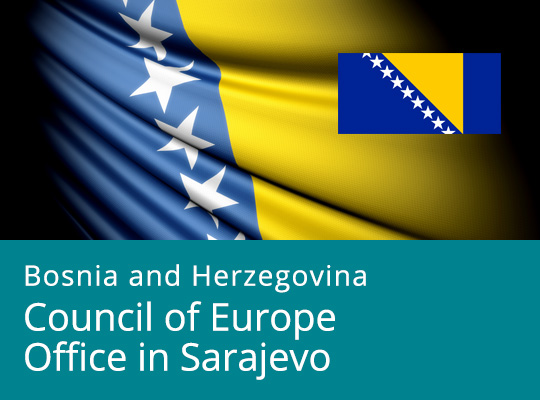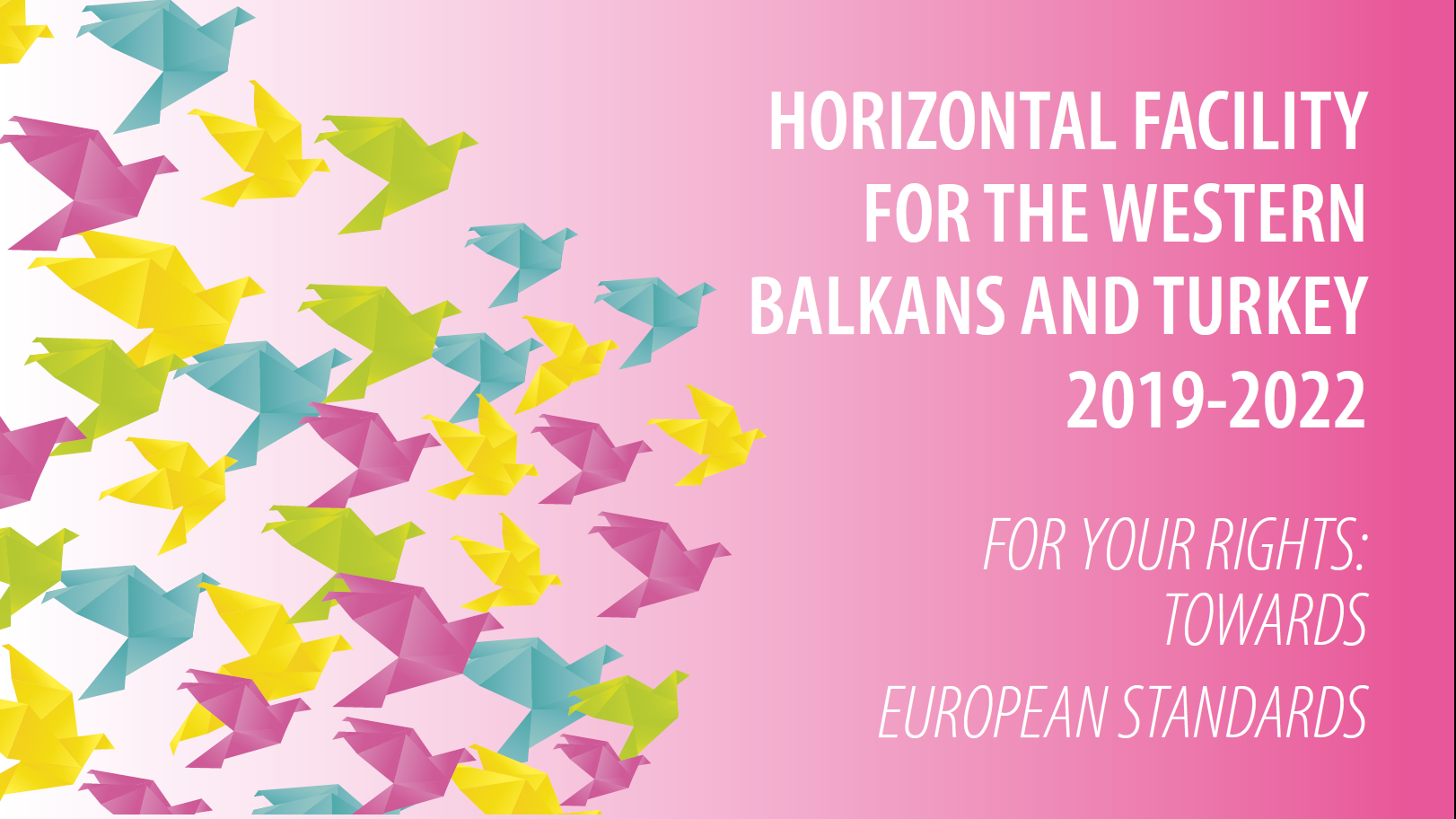This manual has been developed at a time unlike any time ourselves or our children have known, at a time when streets and school buildings are empty, life is filled with uncertainty and fears, and our gaze is focused on TV screens and social networks. Nevertheless, it is a time when, more than ever, a large number of people are questioning their attitudes and their values and are taking the oportunity to gain new knowledge and skills.
Following the closure of schools in Bosnia and Herzegovina, the ban on gatherings and social distancing policy, it was necessary to find a rapid solution to the new challenge - how to maintain the teaching process, how to enable children to continue learning, and how to preserve pupils' mental health. This is what this manual is about - human attitudes and values that the pupils need to succeed in keeping this world a place where they all belong equally, in which they are respected and protected, and in which they connect to strong communities ready to meet the challenges.
The purpose of this manual is to help teachers (and parents) in 29 pilot schools in Bosnia and Herzegovina support the development of pupils' Competences for Democratic Culture through concrete ideas and examples of activities. The Council of Europe's Reference Framework of Competences for Democratic Culture (RFCDC) is a set of materials that can be used by education systems to equip young people with all of the competences needed to take action to defend and promote human rights, democracy and the rule of law, to participate effectively in a culture of democracy, and to live peacefully together with others in culturally diverse societies.
The manual for teachers, developed within the EU / CoE Horizontal Facility action “Quality education for all”, was created in a short period of time using local expertise and in the local languages, and will be used / adapted in other Balkan countries.
The “Quality Education for All” project is implemented under the joint European Union / Council of Europe Horizontal Facility for Western Balkans and Turkey II, aiming to foster a quality education for all by promoting inclusion and solutions to address discrimination in the education system.
Manual for teachers – Teaching Competences for Democratic Culture online





